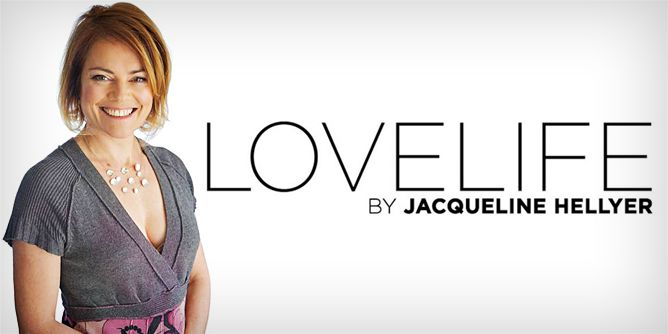Unconditional Love Requires Self-validation

Article originally posted on The Love Life Blog
Do you love unconditionally, or are there conditions to your love? You might have some romantic illusion that your love is pure, but really, it probably comes with a lot of strings attached. “I will love you if you love me” is the most obvious. There there is: “I will love you if you are nice to me”, “I will love you if you share my values and beliefs”, “I will love you if you agree with me”, “I will love you if you validate me”.
You might think you love the other person, but are there these requirements that come along with it? Do you really love the other person for who they are and who they’ve become over your time together? Or do you love your version of who you’d like them to be, or who you’ve convinced yourself they are? Do they need to fit some image of who you think or want your partner to be?
What are these conditions based on? Generally fear. The inability to validate yourself creates a need to have the other validate you, to make you feel ok about yourself and your own values, beliefs and world view.
This conditional loving commonly goes both ways. Both partners have entered into an unwritten agreement that they will validate the other so that their unit stands strong. Neither will risk upsetting the other by challenging their norm or challenging these unwritten conditions they’ve both ascribed to.
Until things go pear-shaped. And the reality that they are both living in a fantasy world that they both adhered to becomes apparent. One or both becomes so miserable that they just can’t do it any longer. The pretense is too hard. They feel too stifled or too unappreciated, too used or too abused. This will present as some kind of crisis - a health breakdown, mental breakdown, an affair, a mid-life crisis, a major change in behaviour, a complete withdrawal, walking out on the relationship seemingly out of nowhere…
When this happens you have three choices:
- separate and take your dysfunctions out into a new relationship, feeling bitter and twisted about the one you just left
- stay in the relationship and flat-line, not addressing the issues, covering them up and pretending everything’s ok (until the next crisis emerges)
- learn to self-validate.
Most people choose the first two options. They are the easier ones.
I recommend the third. It’s hard though, hence the benefit in having someone like me help you with it. To start, you have to be able to examine yourself so openly and honestly that you can know and accept your flaws, and your strengths, and know that your world view is simply that, yours. The next is to be able to accept the reality of your partner in their entirety, warts and all. That requires open, honest and real communication. Genuine sharing - and this is the most important point of all - without needing them to validate you. That means you don’t get defensive, you don’t tell them they’re wrong, you listen and feel and accept with a completely open heart. Don’t get me wrong, this is not easy. But it’s the only way that two people can be real with each other and thereby grow as individuals and as a couple. No defences, genuine meeting.
If in doing this you realise that the other person is not for you, or you’re not for them, then fine, you end the relationship with maturity and love and walk away as a whole person, not one desperately seeking validation elsewhere.
This is the beauty of relationship. David Schnarch calls it ‘the sexual crucible’, it’s how relationship allows you to grow, if you let it, if you’re willing to do the work.
Otherwise, be bitter, or flat-line. It’s your choice. It’s all your choice, once you realise it’s your choice. You don’t have to bind another to you with conditional love, and you don’t have to be bound by it.
You can both love unconditionally. You can both be free. If you're brave enough.
And need I say, sex within an unconditionally loving relationship is far far better as you can both let yourselves go with realness and genuine passion.



Likes & Comments
No comments yet